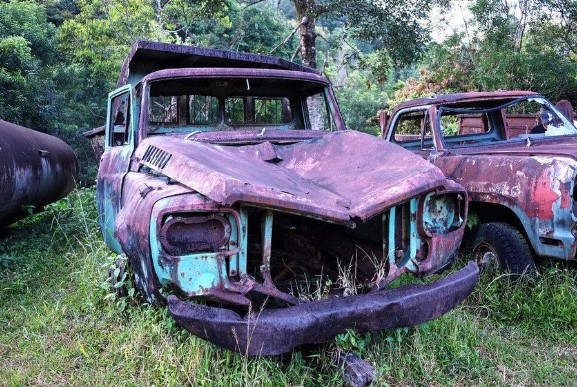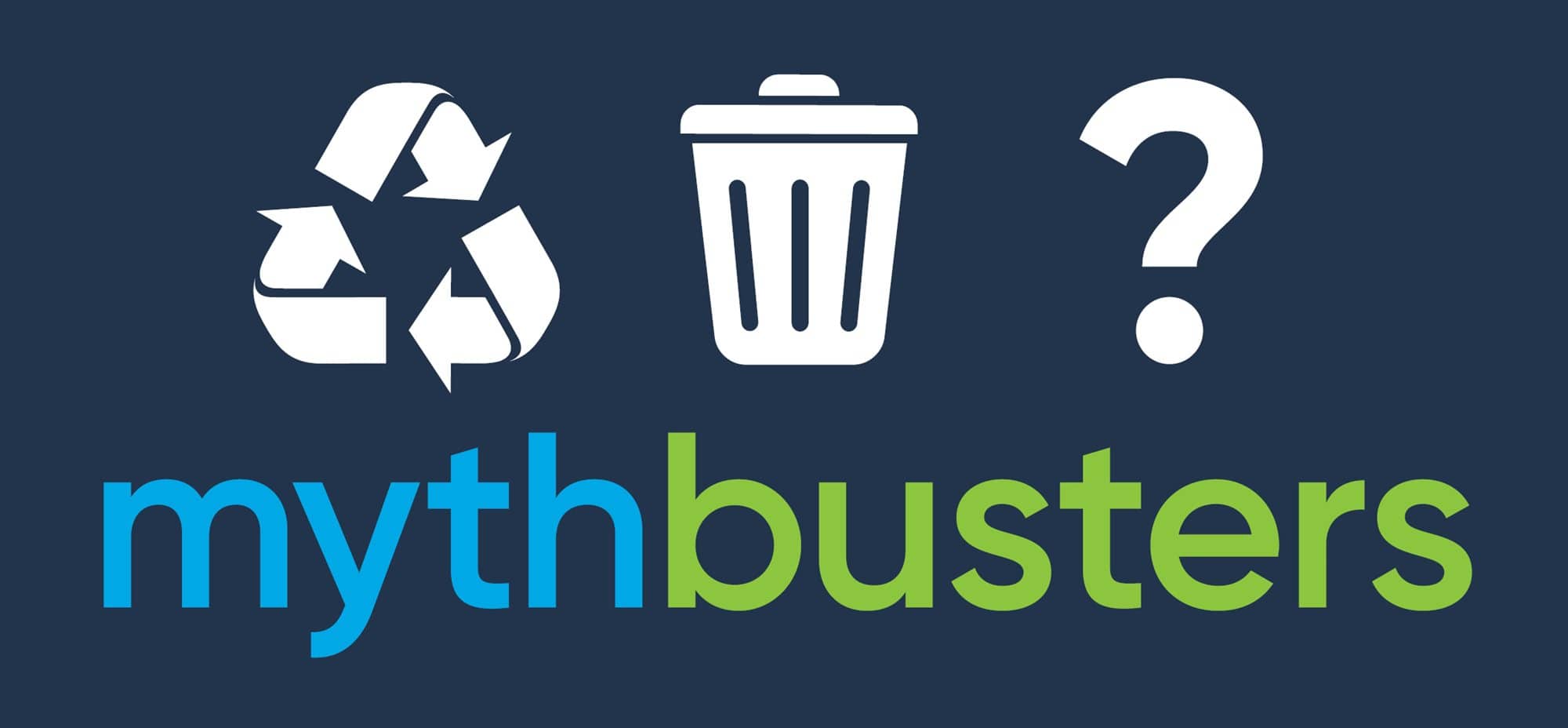Debunking Common Myths About Vehicle Recycling & Car Wrecking
Below we outline some of the myths of vehicle recycling.
Myth 1: Vehicle Recycling is Not Environmentally Friendly
One of the most common myths about vehicle recycling is that it is not environmentally friendly. This myth is entirely false. Car wreckers play an important role in reducing waste and conserving resources. They ensure that old cars are dismantled, and recycled auto parts are extracted and reused, significantly lowering the demand for new materials. Additionally, electric vehicles (EVs) are becoming increasingly relevant in the recycling industry, and debunking myths about EVs is essential for understanding their environmental impact.
In the battery manufacturing sector, for instance, recycling EV batteries helps reduce the need for mining raw materials, which is both environmentally destructive and energy-intensive. By using recycled batteries and other auto parts, the industry can contribute to renewable energy solutions, further mitigating the environmental impact of producing new components.
Myth 2: Only Metal Parts Can Be Recycled
Another myth is that only metal parts of a vehicle can be recycled. This is not true. Car parts such as plastics, glass, and even EV batteries can be recycled. Car wreckers meticulously separate and recycle these materials, ensuring that as much of the vehicle as possible is reused. This process not only supports the recycling industry but also provides cost savings for both the industry and customers.
For example, recycled auto parts like used car parts and used auto parts meet specific requirements and can be as reliable as new ones. By choosing to purchase from the right seller, customers can find the right parts for their specific needs, making the recycling process even more cost effective and sustainable.

Myth 3: Vehicle Recycling is Not Economically Viable
The belief that vehicle recycling is not economically viable is another misconception. In reality, the sale of recycled parts can be quite profitable. The demand for recycled auto parts is growing as more people recognize the cost savings and quality of these components. For car wreckers, selling recycled auto parts and recycled batteries can be a lucrative business.
Purchasing recycled parts instead of new ones can result in significant cost savings for customers. These parts often come with a warranty, ensuring a positive experience and giving buyers confidence in their purchases. The industry has evolved to ensure that recycled parts meet strict specifications, making them a reliable and cost-effective option for vehicle repairs.
Myth 4: Recycling Old Vehicles is Complicated and Inconvenient
Many believe that recycling old vehicles is a complex and inconvenient process. However, car wreckers have streamlined the process to make it as easy as possible for customers. They offer services such as free vehicle pick-up and on-the-spot payment for old cars, simplifying the process of selling a car for parts.
Additionally, the recycling process is designed to be efficient and hassle-free. Once the vehicle is picked up, car wreckers handle the dismantling and recycling of parts. This ensures that customers can sell their vehicles without any hassle, knowing that the right parts will be recycled and reused according to industry standards.
Below is an alternative view:
Myth 5: Recycled Vehicle Parts are of Lower Quality
A prevalent myth is that recycled auto parts are of lower quality compared to new parts. This misconception can deter people from choosing recycled parts. In truth, recycled auto parts are rigorously tested to ensure they meet or exceed quality standards. Car wreckers often provide a warranty on recycled parts, guaranteeing their performance and reliability.
For instance, purchased parts from recycled auto inventories can include everything from EV batteries to used auto parts that have been refurbished to meet specific requirements. These parts offer a cost-effective alternative to new parts without compromising on quality. When customers do their research and buy from reputable car wreckers, they can have a positive experience and find parts that meet their specific needs.
Myth 6: Vehicle Recycling is a New and Unproven Industry
Some believe that vehicle recycling is a new and unproven industry. This is far from the truth. The practice of recycling vehicles has been around for decades, continually evolving to become more efficient and sustainable. The industry has established robust systems for recycling everything from car parts to EV batteries.
Over the years, the recycling of vehicles has significantly improved, thanks to advancements in technology and growing awareness of environmental and economic benefits. Car wreckers now employ sophisticated techniques to ensure that as many parts as possible are recycled and reused, making the process both environmentally and economically beneficial.
Myth 7: Recycled Vehicle Parts Do Not Contribute to the Circular Economy
Finally, a common myth is that recycled vehicle parts do not contribute to the circular economy. In reality, vehicle recycling is a vital component of the circular economy. By recycling car parts and other components, the industry reduces the need for new materials, conserves natural resources, and minimises waste.
For example, recycling EV batteries and other auto parts ensures that valuable materials are reused rather than discarded. This not only supports the circular economy but also promotes the use of renewable energy and reduces reliance on non-renewable resources like coal and electricity from fossil fuels.
In conclusion, debunking these common myths about vehicle recycling is essential for making informed decisions about car disposal and part purchasing. The benefits of using recycled auto parts are clear: they provide significant cost savings, meet high-quality standards, and contribute to a more sustainable and circular economy. By understanding the truth behind these myths, customers can confidently choose recycled parts and support the ongoing efforts of car wreckers to create a greener future.

